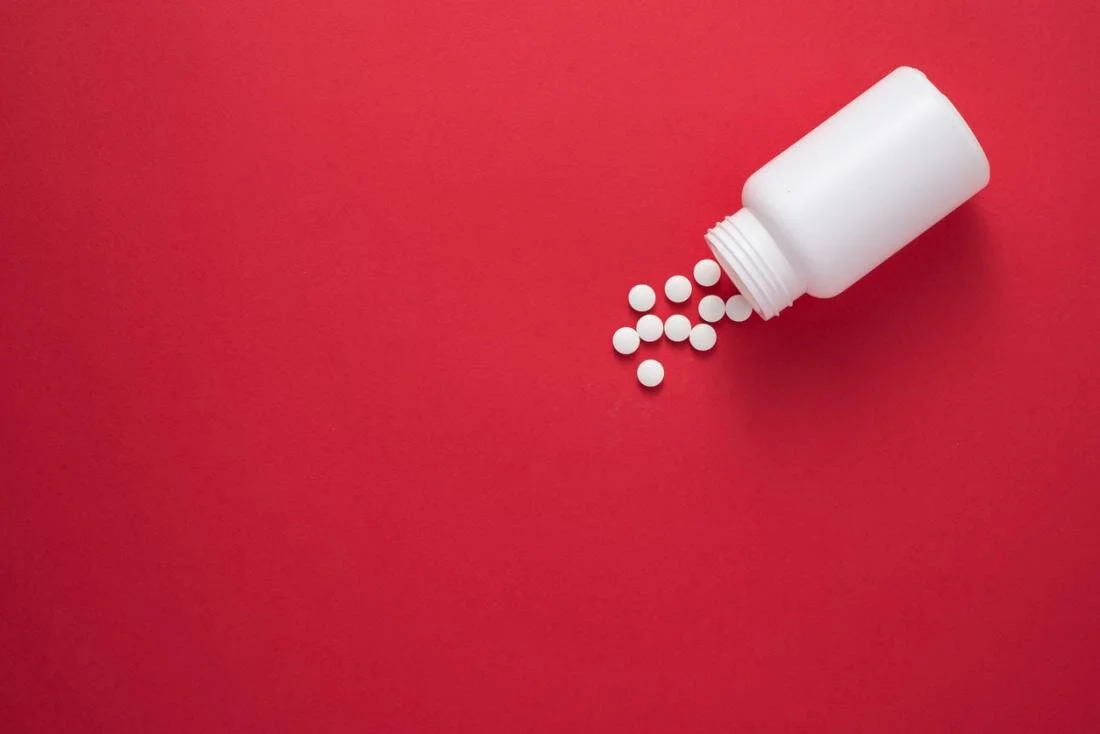Answer: Grapefruit inhibits the action of the enzyme CYP3A4 and certain transporters, impacting the way drugs affect the body.
Grapefruit is a citrus fruit with high levels of vitamin C and potassium.
Grapefruit contains compounds such as furanocoumarins and naringins that can inhibit the enzyme cytochrome P450 3A4 (CYP3A4). CYP3A4 is highly expressed through the intestinal lumen and liver cells. It processes the metabolic breakdown of about 50% of all drugs that enter the body. CYP3A4 is a major component of the body’s first pass metabolic processing (
Pharmacokinetic-pharmacodynamic consequences and clinical relevance of cytochrome P450 3A4 inhibition.) It is estimated that more than 80 drugs interact with grapefruit (Grapefruit–medication interactions: Forbidden fruit or avoidable consequences?).
By inhibiting the function of CYP3A4, the effective concentration of certain drugs may be altered. For example, the enzymatic processing of certain benzodiazepines like Valium or Xanax are altered when grapefruit is present in the body. Certain statins such as Lipitor are affected by grapefruit, but others (Pravachol or Crestor) are not.
Dangerous health outcomes may occur if the drug is not broken down as expected. The effective concentration may be significantly higher in the body than the dose consumed. This is especially dangerous for drugs which have a low therapeutic index.
On the other hand, grapefruit can also decrease the effect of other drugs. Some drugs rely on a transporter protein to move the drug from the gut into its site of pharmacological action. Fexofenadine, or Allegra, is a commonly used over-the-counter antihistamine drug for seasonal allergies. It is taken orally, and the intestinal transporter protein MDR1 normally shuttles the drug into the bloodstream. Grapefruit interferes with the uptake of fexofenadine by MDR1, resulting in decreased concentration in the bloodstream. Allegra is therefore less effective when taken with grapefruit (Fruit juice inhibition of uptake transport: a new type of food–drug interaction). Similarly, grapefruit can also decrease the action of felodipine and nifedipine (Interaction of citrus juices with felodipine and nifedipine. ), resulting in a lower effective concentration of these drugs in the bloodstream after oral ingestion.
Another possible mechanism by which grapefruit decreases drug concentration in the body is by interacting with a prodrug. Some orally consumed preparations are prodrugs, which are by themselves an inactive compound. The drug is only able to affect the body after enzymatic breakdown creates the active drug. By interfering with this breakdown, the drug remains in its inactive form longer.










